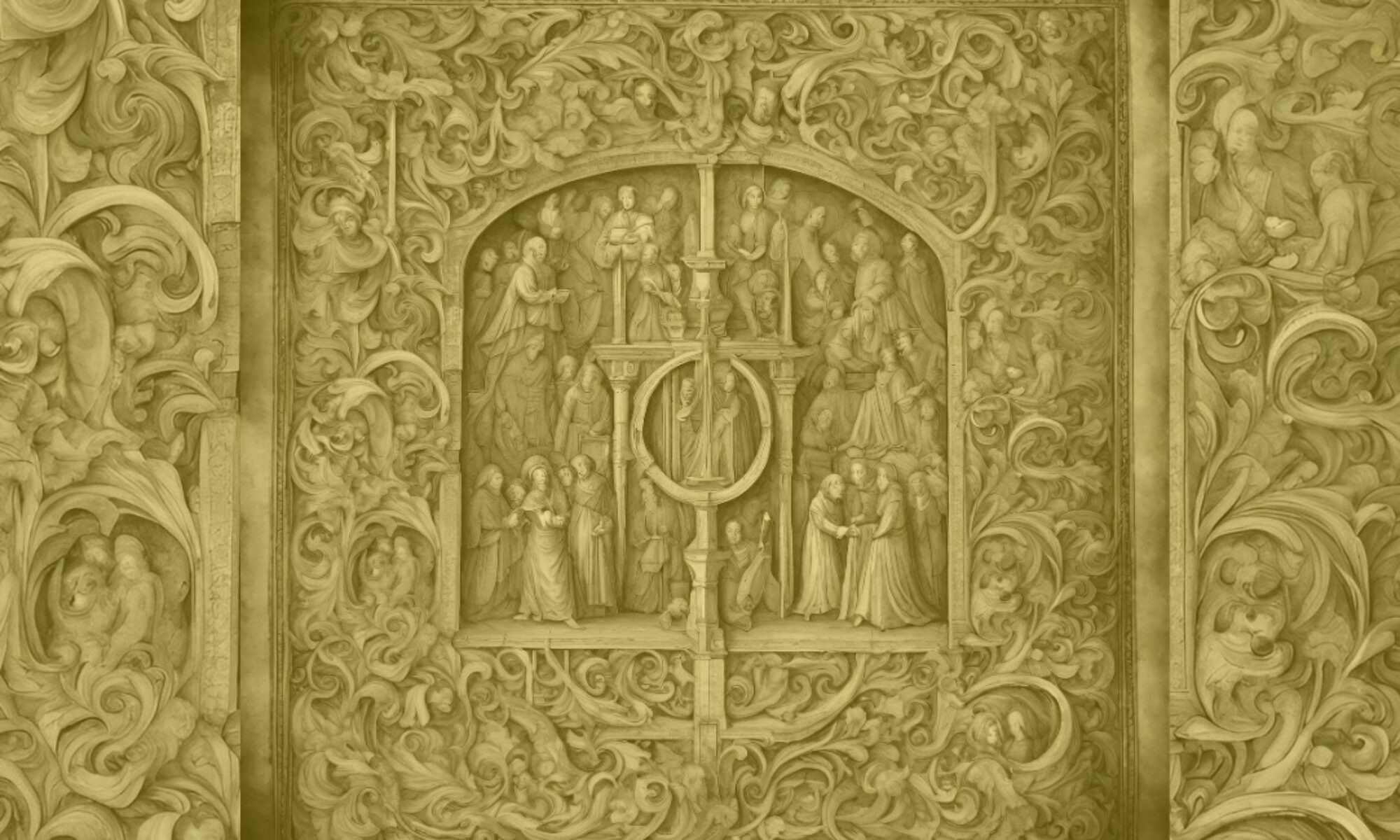Olivia’s talk is called “Climb Every Mountain: Rethinking Ecological Expeditions in Project Possible”

In 2019, Nepalese and Gurkha soldier Nirmal (Nims) Purja decided to climb fourteen of the highest mountains in the world in seven months in order to demonstrate the power of possibility, to bring light to the indigenous Sherpa people, and to highlight the devastating effects of climate change in the highest places in the world. This presentation examines Purja’s journey as told through the documentary 14 Peaks and his book Beyond Possible through a mythological and psychological lens to assess how his perspective allowed him to achieve these record-setting climbs and work for social ecological change.
Climbing tall mountains is a motif found throughout mythology and history, but what happens when the symbolic world of myth meets the real world? Why is it that humanity finds the need to “conquer their mountain”? How does the natural world impact human psychology? This presentation aims to answer these questions and consider how our own mindset can shift towards possibility and how social movements such as Project Possible are able to shift perspectives towards indigenous peoples and the environment.
About Olivia
Olivia Happel-Block, PhD, is a Mythology, IB Theory of Knowledge, AP English, and Film Studies teacher at Dos Pueblos High School in Goleta, CA. There she serves as the Extended Essay Coordinator, Site Council Chairperson, and union representative. She has created her own curriculum for both the Mythology and Film Studies courses at DPHS. Her dissertation That Which Is Not Yet Known: An Alchemical Analysis of Michael Maier’s Arcana Arcanissima explores themes of mythology, alchemy, and religion. Olivia serves as the Pacifica Graduate Institute Alumni Association’s President. She has presented at the American Academy of Religion Regional Conference as well as the Pop Culture Association’s Regional and National Conference. Her academic interests include myth, religious studies, alchemy, and classics. She seeks to pursue the #immutablediamondbody throughout her life, scholarship, and career. Follow her on Instagram @doctorhappel.









